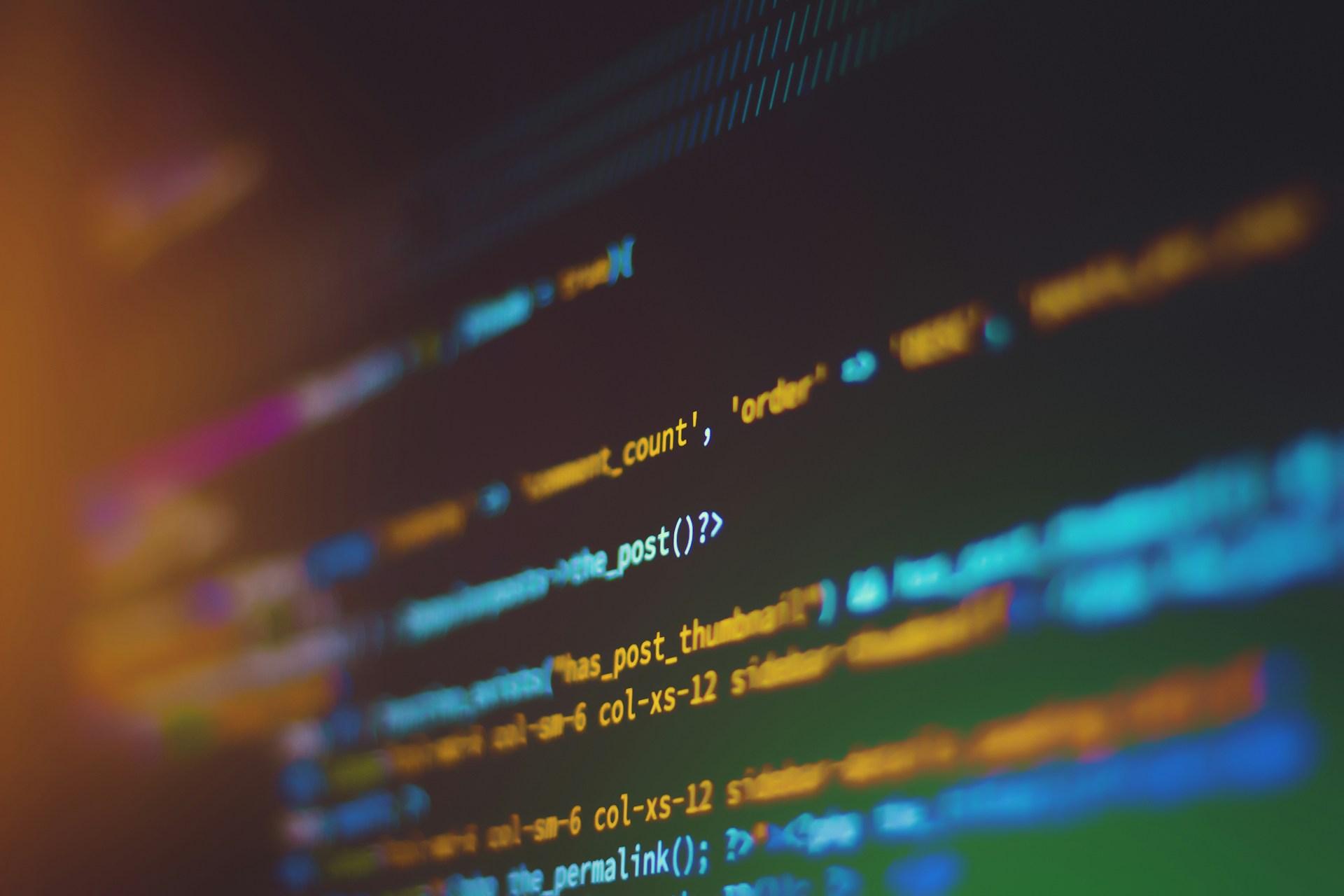
AI in Cybersecurity: Revolutionizing Digital Defense
Introduction: The Rise of AI in Cybersecurity In an era of evolving cyber threats, artificial intelligence (AI) has emerged as a game-changer in cybersecurity. AI-driven security solutions offer real-time threat detection, rapid response mechanisms, and enhanced predictive analytics, empowering organizations to safeguard their digital assets more effectively than ever before.
AI & CYBERSECURITY
Mr Satya
2/23/20252 min read
Introduction: The Rise of AI in Cybersecurity
In an era of evolving cyber threats, artificial intelligence (AI) has emerged as a game-changer in cybersecurity. AI-driven security solutions offer real-time threat detection, rapid response mechanisms, and enhanced predictive analytics, empowering organizations to safeguard their digital assets more effectively than ever before.
For expert insights on cybersecurity trends, visit CyberSec Insights.
How AI is Transforming Cybersecurity
AI is enhancing cybersecurity by automating threat detection, reducing response times, and identifying vulnerabilities before they can be exploited. Unlike traditional security measures, AI-powered solutions can process massive volumes of data in real time, detecting patterns and anomalies that may indicate cyber threats.
Key Advantages of AI in Cybersecurity:
Threat Prediction & Prevention: AI can identify attack patterns and predict potential cyber threats before they occur.
Automated Incident Response: AI-driven systems can rapidly respond to cyberattacks, minimizing damage and downtime.
Adaptive Learning: AI continuously improves its security models by analyzing new threats and adapting accordingly.
Enhanced Authentication: AI-powered biometric authentication systems improve security access controls.
AI-Powered Threat Detection and Response
1. AI-Driven Intrusion Detection Systems (IDS)
Traditional IDS often rely on predefined signatures, making them ineffective against new and evolving threats. AI-based IDS, however, utilize machine learning algorithms to detect anomalies and identify suspicious activities in real time.
2. AI in Endpoint Security
Endpoint security tools powered by AI analyze behavior across devices and networks to detect unusual activity and block potential attacks.
3. Automated Security Operations (SecOps)
AI is revolutionizing Security Operations Centers (SOCs) by automating repetitive tasks, analyzing logs, and correlating threat intelligence for faster decision-making.
AI in Fighting Cyber Threats
1. AI vs. Phishing Attacks
AI algorithms analyze email content, sender behavior, and metadata to detect and prevent phishing attempts in real time, reducing the risk of credential theft.
2. AI in Ransomware Protection
AI can identify ransomware behavior, such as file encryption patterns, and halt the attack before damage occurs.
3. AI-Powered Fraud Detection
Financial institutions use AI-driven fraud detection systems to analyze transaction patterns and flag suspicious activities instantly.
For in-depth threat intelligence, visit CyberSec Insights.
Challenges & Ethical Concerns of AI in Cybersecurity
Despite its advantages, AI in cybersecurity comes with challenges:
Adversarial AI Attacks: Cybercriminals can manipulate AI models to evade detection.
Bias in AI Algorithms: AI models may inherit biases, leading to inaccurate threat identification.
AI-Powered Cybercrime: Hackers can use AI to develop advanced malware and automate attacks.
To counter these challenges, organizations must invest in AI security, ethical AI development, and continuous monitoring of AI-driven systems.
Future of AI in Cybersecurity
The future of AI in cybersecurity is promising, with advancements in deep learning, quantum computing integration, and autonomous security systems set to redefine digital defense strategies. Organizations must embrace AI-driven security solutions to stay ahead of cybercriminals.
Conclusion: AI – The Future of Cyber Defense
AI is revolutionizing cybersecurity, offering unmatched capabilities in threat detection, automated response, and predictive analytics. While challenges remain, the benefits far outweigh the risks, making AI an essential tool in modern cybersecurity frameworks.
For the latest cybersecurity trends and AI-driven insights, visit CyberSec Insights today!






